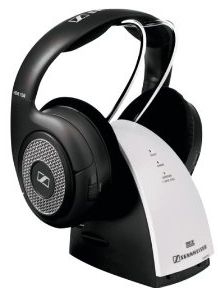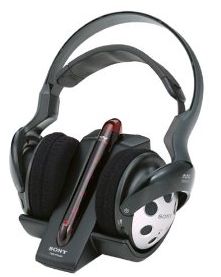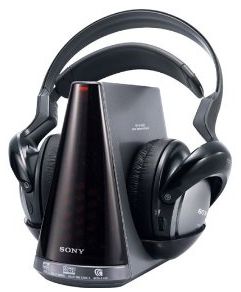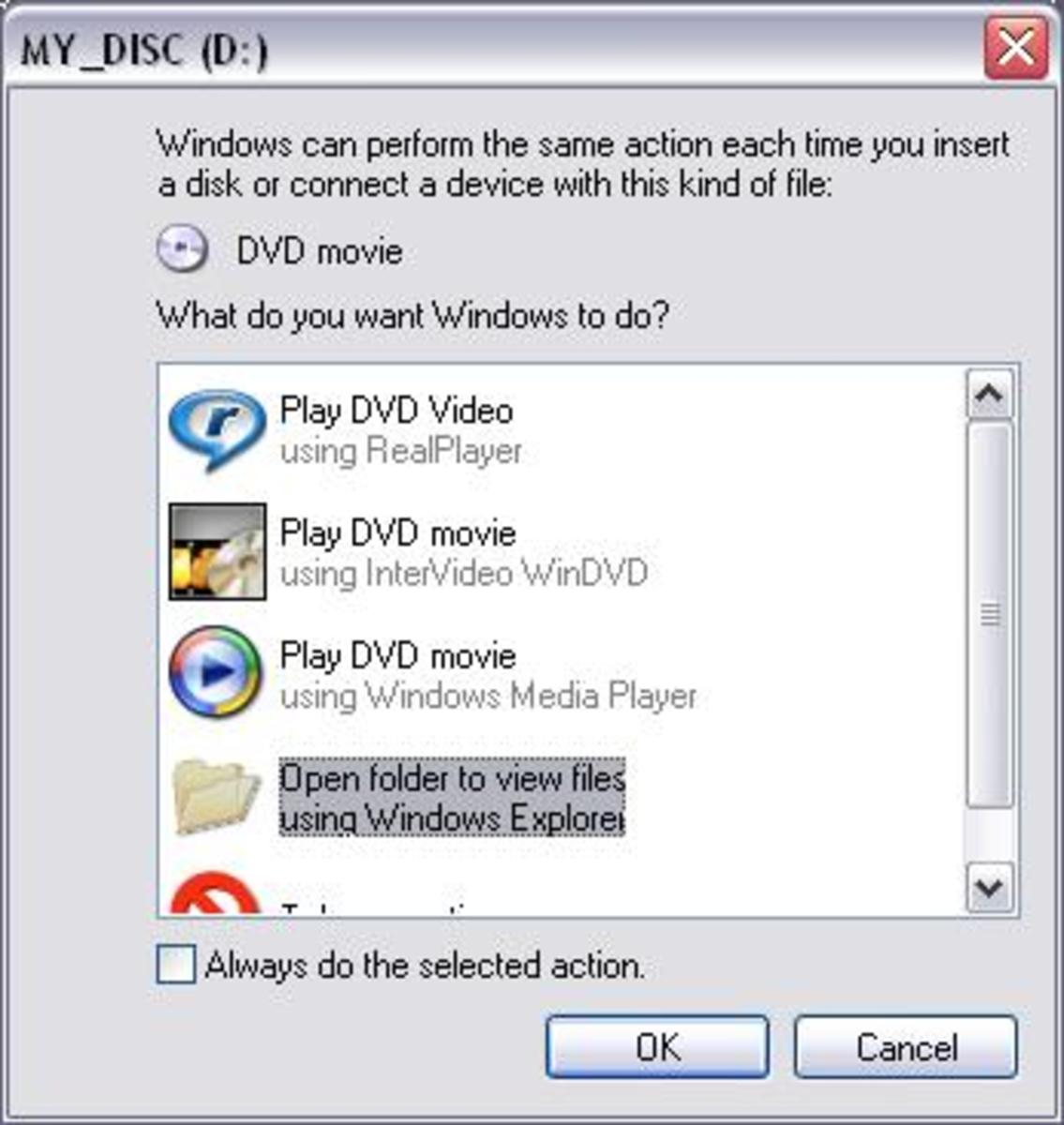Wireless Headphones for TV

Do You Need Wireless Headphones for TV?
Whether or not you need wireless headphones for your TV really depends on what it is you want. Do you want better sound, do you want to listen without disturbing others, do you want the freedom to move about while enjoying programming? If you do, then maybe you should learn more about these devices.
We'll cover the basics here. What do they offer and what should you consider when shopping for a pair.

What Makes Wireless Headphones for TV Nice?
Wireless headphones offer many of the advantages of traditional wired headphones and a few that such tethered designs don't offer.
Like other headphones, wireless devices allow you to hear your television or stereo better. They are particularly handy if they manage to emphasize speech so that you can hear dialogue with the best quality. They can make peace within the household or perhaps with neighbors if you live in an apartment, duplex, or condo. Simply put, you can increase the volume without disturbing others. They can help to compensate for mild to moderate hearing loss. They give you freedom of movement. Most of these wireless headphones for TV use either infrared, which means you need to stay within line of site of the transmitter, or radio frequency which allows you to leave the room while remaining within a specified distance. Walls and so forth won't interfere greatly with your reception with RF headphones.
Things to Consider When Shopping
If you decide you would like to examine a pair of these headphones a bit more closely, you might want to consider a few key things:
What are your expectations as far as distance? Are you ok with just using them only within the same room as your equipment? If so, infrared devices are ok. However, if your expectation is that you'll be able to wander about the house or perhaps out into the lawn with your headphones on, you'll need to look for a pair with RF transmission while paying attention to the distance requirements. Sound quality. Listening is the best way to determine this, but if you can't do that read customer reviews to get an idea of what others say. You don't want too much interfering noise such as hisses and pops. You want to be sure that the overall sound quality suits your tastes and that the volume adjusts adequately for your needs.Obviously, having volume control on the headphones themselves is much more convenient than having it located only on the transmitter! If you have any hearing loss in one ear, or in one ear more than the other, the ability to adjust volume differently for each ear is obviously critical. Generally speaking wireless headphones using infrared transmission won't get interference from other electronic devices in your home while RF headphones may experience this. (check the frequencies, ideally you can switch among several) The power source and the battery life. This just has to do with convenience and long term costs. Clearly a rechargeable battery can save you money in the long run and headphones that will provide 30-35 hours of listening per charge will be more convenient than ones that need juiced up every 20-25 hours. Of course, headphones that automatically charge each time they're set into the transmitter offer convenience as well. Certainly, having an AC adapter is good too. Comfort. If you watch a great deal of TV you may want to try on any pair you're considering to check comfort. Is the headband adjustable, is it padded, are they ligthweight, are the earphones padded, do they squeeze your ears too tightly, and so forth? If you can't try them on, just be sure you'll be able to return them if you don't like the fit. Wireless headphones for TV tend to be the larger models (rather than earbuds) because they more successfully block outside noise you don't want. If you have a home theater set up, look for compatibility with the appropriate sound formats; for instance Dolby Digital. Be sure you buy everything you'll need. You'll need to buy both the transmitter and the headphones themselves. Some items you see for sale include both items, some don't and you'll have to purchase the items separately. Be sure the base station/transmitter will be able to hook up with your TV (or other equipment you want to use with the headphones). The input/output jacks must be compatible.A Good Choice
These Sennheiser RS170 wireless headphones provide a dynamic bass and surround sound listening modes. It offers multi-receiver transmission allowing up to 4 people to listen..





